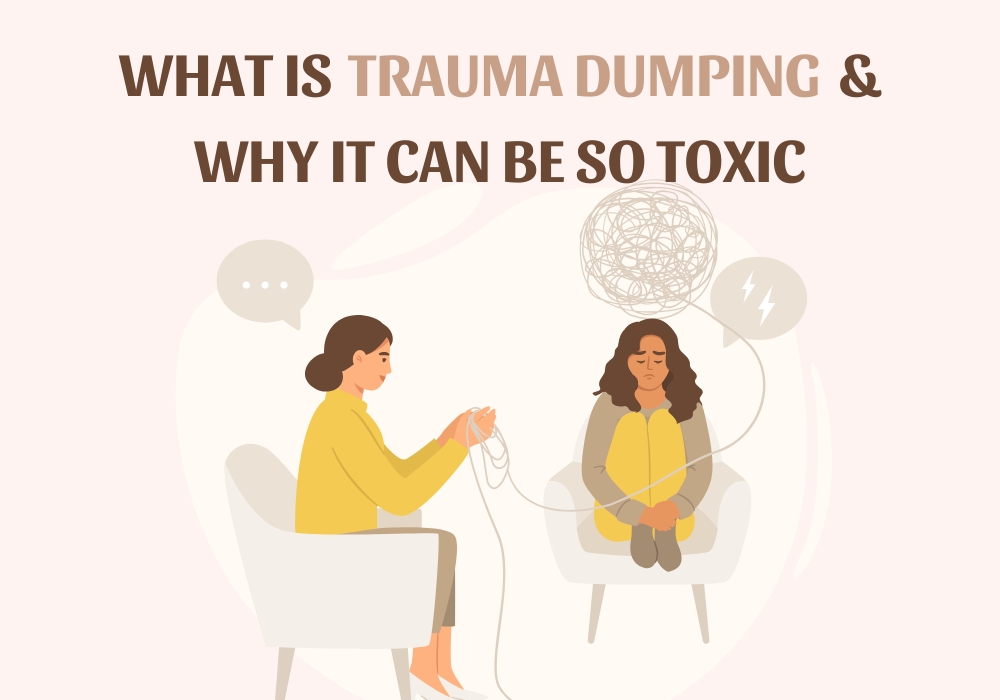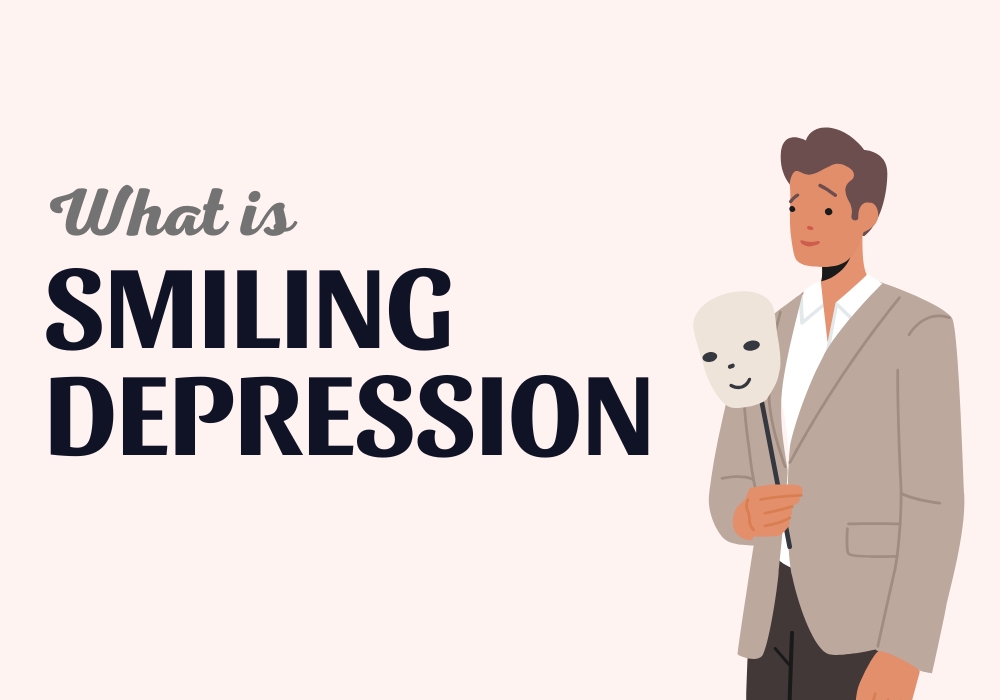If you happen to be continuously occupied, stressed out, and incapable of disconnecting, you’re not alone. By working too much or going beyond what’s required, you put your health and well-being at risk, not to mention missed opportunities for socializing or self-care such as sleep and exercise. The constant, always-on hustle culture that defines work can result in toxic productivity.
It can be challenging to recognize this specific type of negative mindset because it is often portrayed as a positive thing. However, once you do realize that you have it, there are several steps you can take to get away from it and regain control over your life.
what is toxic productivity?
Toxic productivity is a state in which a person is driven to be productive at all times, not only at work but also in other aspects of their life. This can lead to unhealthy extremes, where a person may push themselves too hard to accomplish more. This can have a negative impact on their physical and mental health and may prevent them from engaging in leisure activities. Instead, they may feel as though all of their actions must contribute to a larger goal or achievement.
When you engage in toxic productivity, you push yourself too hard for too long, which can take away the joy from everyday activities. This can lead to burnout, depression, and other physical and mental health issues over time.
13 Signs of Toxic Productivity
When it comes to productivity, it’s easy to fall into the trap of obsessing over getting things done. But how do you know when you’ve crossed the line into toxic productivity? Here are 13 signs you’re falling into the toxic productivity trap.
1-Working overtime regularly:
It is not uncommon to have to work overtime on occasion to complete a significant job. However, doing so regularly can be harmful to your health. Working on weekends, arriving early to catch up before the workday begins, working late into the night, and checking work channels outside of work hours are all examples of this. It is critical to understand the distinction between toxic productivity and overwork. Working extra hours may be toxic if you chose to do so. If you do it out of need, you’re probably overworked.
2-Not making self-care a priority:
If the concept of self-care appears to be an ineffective usage of time, one might be undergoing toxic productivity. This involves giving lower priority to activities such as resting, preparing healthy meals, exercising, and spending quality time with loved ones. An individual struggling with toxic productivity may forgo meals to work for a more extended period or even delay going to the restroom or drinking water.
3-You are disregarding your relationships.
When you’re working too hard and not spending enough time on your relationships, it’s a sign of toxic productivity. Maintaining a healthy balance between work and personal time is critical to avoiding burnout and isolation.
If you ever find yourself prioritizing work over your relationships, it is strongly advised that you take a moment to step back and reconsider your priorities.
Related:12 Signs Of An Unhealthy Relationship
Related:15 Signs You Are In a Relationship With a Narcissist
4-Feeling bad about not doing enough work:
Even when one is accomplishing a considerable amount of work, can lead to struggling with toxic productivity and an overwhelming need to finish an unrealistic amount of tasks. Individuals with this mindset frequently set unrealistic goals for themselves and feel bad when they fail to reach them.
5-Suffering from anxiety and depression:
Constantly striving to be productive can have a serious impact on your mental well-being. This can lead to feelings of anxiety and stress about your workload and productivity levels.
Depression may also manifest as a common symptom, especially if toxic productivity is causing one to feel disconnected from the people and activities that they once held dear.
Related:11 Ways to Overcome Social Anxiety
Related:How to deal with Anxiety with 15 methodes
Related:Can Work Cause Depression ?
6-When you take a break, you feel guilty:
If you are experiencing feelings of guilt when stepping away from work, it may be an indication that your productivity levels are toxic. You must take breaks throughout your day to recharge and refresh your mind.
Making time for yourself is important, and feeling guilty about taking a break is a sign that you need to reexamine your priorities. Ensure that work isn’t taking over your life and that you’re living a balanced life.
7-you’re always busy multitasking:
Despite the potential benefits of multitasking, if done excessively, it may indicate toxic productivity. When we attempt to perform too many tasks simultaneously, our brain is unable to effectively concentrate on any one of them, leading to poor results.
If you’re always trying to juggle multiple tasks, it’s important to take a step back and focus on one task at a time. Don’t let yourself get overwhelmed!
8-You experience difficulty concentrating:
If you find that you are struggling to concentrate or remember things, it may be a sign that suffering from toxic productivity. When we are overwhelmed, our brains may not function as well, making it difficult to focus on tasks.
9-You’re putting work before your health:
Putting work before your health is another indication of toxic productivity. If you are too preoccupied with work and not taking care of yourself, it is time to make some changes. This includes ensuring you get enough sleep, engaging in regular exercise, and eating a healthy diet…
Failing to prioritize one’s health can have negative consequences in the future, thus it is crucial to care for oneself to maintain productivity.
10-You’re working more but getting less done:
If you’re working more and getting less done, it could be a sign that you’ve taken on too much. When we try to do too much, our brains get overwhelmed and we can’t work as effectively. If you find yourself in this situation, it’s important to take a step back and reevaluate your priorities.
Related:12 Productivity Tips for Working from Home
Related:Can Work Cause Depression ?
11-You have lost interest in things you used to enjoy:
If one has lost interest in activities or hobbies they once enjoyed, it could be a sign of toxic productivity habits. When one is stressed and overwhelmed, one often lacks the time or energy to engage in leisure activities.
This may cause a sense of isolation and loneliness and the feeling that our work is consuming our lives.
Related:10 Ways To Find joy In The Little Things
12-Your success feels meaningless:
When you finally achieve something, it’s never quite as satisfying as you thought it would be. Instead, you feel the need to keep pushing yourself further. That’s why you’re always on the next thing on your never-ending to-do list.
13-You experiencing fatigue and a depletion of energy:
When you’re super productive, it can be tiring. Sometimes it just feels like everything is a struggle.You might feel exhausted.
How to overcome toxic productivity ?
1-Recognize the signs:
If one is constantly feeling tired, exhausted, overwhelmed, or anxious, it may indicate that they are experiencing toxic productivity. It is recommended to acknowledge one’s feelings and take a step back to evaluate the situation.
2-Balance your life:
To keep harmony in your life, it’s important to make sure you have enough sleep, spend quality time with your loved ones, and participate in enjoyable activities. This can help lessen the focus on always being productive. Creating a routine where you stop checking work emails or putting your phone aside can greatly assist in improving your work-life balance.
3-Be selective in taking action:
It’s important to be selective when deciding to take action. We don’t need to get involved in every situation or problem. By carefully choosing when to intervene, we establish personal boundaries and also allow others the opportunity to find solutions on their own.
4- Learn to say “no”:
No. It’s a simple word, yet it can be difficult to utter. A lot of people have trouble saying “no” because they want to steer clear of disagreements or don’t want to let others down. Some take pleasure in being the person who constantly says “yes” and manages everything, despite having too much on their plate already.
To overcome and stop the harmful cycle of toxic productivity, you must avoid overburdening yourself with tasks. It might be challenging to reject requests or tasks, but learning to say no is an essential step in preventing yourself from being overwhelmed by a heavy workload. This way, you can manage your responsibilities more efficiently and without constant strain.
Related:Why Is Saying ‘No’ So Important?
5-Don’t do anything:
When people experience toxic productivity, they feel like they have to do more all the time. Instead of just going for a run, they feel like they have to run a marathon. Instead of reading a fun book, they feel like they have to read a self-help book or set a goal to read 50 books in a year.
To break free from the constant need to be productive, try setting aside some time for pure relaxation. Instead of always trying to improve yourself, just enjoy the moment. You can listen to music, meditate, go for a walk, or watch TV. Just let yourself unwind without any pressure to accomplish something specific.
6-Have reasonable goals:
Setting realistic and flexible goals is key to differentiating between tasks that need immediate attention and those that can be done later. It is always a good idea to speak with your manager or supervisor to identify the most essential professional goals and daily tasks to work on. This is gonna help you prioritize your work and focus on the important stuff in your life.
7-Build breaks into your schedule:
Instead of having meetings one after the other, add some gaps to your daily plan to enjoy short breaks during the day. Providing yourself with a fifteen-minute pause between online meetings to grab a bite or experience a moment of peaceful reflection can assist in reducing anxiety levels and increasing your productivity.
Related:How To Plan Your Day ?
Related:10 Tips to start Journaling and make it a Habit
8-Invest in maintaining a balance between work and personal life:
Make sure to set some time aside for yourself and do things you enjoy. It’s super important to recharge!
If you want to avoid burnout, try breaking the habit of doing things too frequently, like checking your email every five minutes. It can be a great tool for staying productive.
To avoid burnout, it is important to use a time-tracking system that can be integrated into your daily routine. Additionally, maintaining reasonable working hours is also key to staying productive.
9-Embrace imperfection:
It’s all good, nobody’s perfect, and making mistakes is just part of life. Allow yourself the freedom to fail and learn from your errors. Do not criticize yourself over small things or strive for perfection in everything you do.
Related:10 Ways to Overcome Perfectionism
10-Inculcate a focus on progress rather than perfection:
Recognize your progress and celebrate small victories no matter how small. Rather than fixating on the end result, focus on the progress you’ve made.
Related:How To Stay Focused ?
11- Don’t work late into the night:
Staying up late to work can be tempting, but doing so will only leave you feeling more exhausted the following day. It is important to set a reasonable bedtime for yourself to avoid this
12-Schedule Time for Self-Care:
It is crucial to make time for self-care activities each day, such as yoga, meditation, journaling, or anything else that can help you feel more relaxed and energized. By taking care of your own needs, you can regain lost energy and motivation, which can help you accomplish tasks more effectively without feeling overwhelmed or exhausted.
°°All-in-one-digital and printable planner°°
13-Seek support:
Do not hesitate to request assistance or support when it is required. If necessary, contact a trusted person or seek professional assistance. You do not have to face this experience alone, please keep this in mind.









